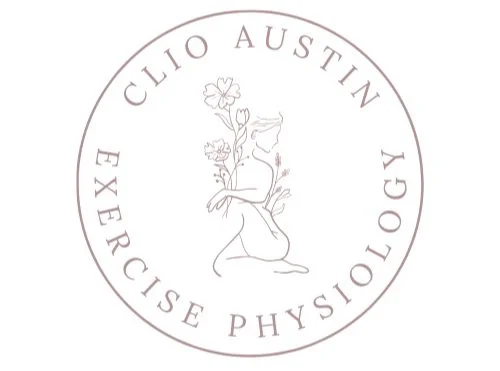Creatine Supplementation for Women at All Ages
When we think of creatine supplementation, many of us picture male athletes or bodybuilders lifting heavy weights. But did you know that creatine is also a game-changer for women’s health across all stages of life? From boosting strength to enhancing cognitive function, creatine offers a wealth of benefits that make it a valuable consideration for women—whether you're in your 20s, 50s, or beyond.
What is Creatine?
Creatine is a natural compound stored in muscles and the brain, where it plays a key role in energy production. While our bodies produce creatine, we also get small amounts from dietary sources like meat and fish. However, for individuals looking to optimise their health, supplementation has gained attention—and with good reason.
The Science Behind Creatine
At its core, creatine is a molecule derived from amino acids and synthesised primarily in the liver, kidneys, and pancreas. It is composed of three amino acids—arginine, glycine, and methionine—and roughly 95% of the body's creatine is stored in skeletal muscle in the form of phosphocreatine. This storage is crucial for its primary function in the body: providing a rapid source of energy. During high-intensity, short-duration activities, the body relies on the phosphocreatine system to regenerate adenosine triphosphate (ATP), which is the energy currency of the cell.
Supplementing with creatine increases these phosphocreatine stores, allowing for more significant ATP resynthesis during intense exertion. Beyond athletic performance, research demonstrates that creatine supplementation may support neuroprotection and cognitive resilience. It is thought to enhance brain energy metabolism by increasing phosphocreatine availability and reducing oxidative stress in neural tissue. These potential benefits are why creatine is increasingly studied not only as a performance enhancer but also as a therapeutic aid for conditions linked to metabolic or neurological challenges.
Why Women Should Consider Creatine
Recent research, including the findings discussed in 'Creatine Supplementation in Women’s Health: A Lifespan Perspective' by Dr Abbey Smith-Ryan et al, highlights how creatine’s benefits extend well beyond the gym. Here are a few reasons why women of any age might benefit from creatine supplementation:
1. Improved Strength and Performance
Women who engage in strength training or high-intensity exercise can see significant improvements in power and endurance with creatine. Supplementing with creatine helps muscles generate energy faster, enabling more productive workouts—whether you're hitting the weights or practicing yoga.
2. Enhanced Cognitive Function
Creatine isn’t just for your body; it’s also for your brain. The journal article emphasises how women, particularly under high mental stress, may benefit from creatine’s ability to support memory and focus. This makes it particularly relevant for young professionals, students, or anyone juggling multitasking demands.
3. Support During Menopause
As noted in the article, creatine supplementation can have profound benefits during and after menopause, such as boosting bone density and reducing the risk of osteoporosis. This is critical for post-menopausal women, who naturally experience a decline in bone health due to lower estrogen levels. Creatine can also bolster muscle strength, helping to combat age-related muscle loss (sarcopenia).
4. Mood Regulation and Energy Balance
Creatine’s potential to improve mood is particularly beneficial for women dealing with hormonal fluctuations, whether during the menstrual cycle, postpartum, or menopause. Some studies discussed in the article suggest that creatine may even have antidepressant-like effects in individuals with low energy metabolism in the brain.
How to Get Started with Creatine
Before adding any supplement to your routine, it’s essential to do your research and consult with a healthcare professional. The article 'Creatine Supplementation in Women’s Health' provides a detailed and science-backed overview, making it an excellent starting point for understanding how this supplement can meet your personal needs.
When supplementing, most experts recommend starting with a small daily dose of 3-5 grams of creatine monohydrate. Stay hydrated, as creatine pulls water into your muscles, and monitor how your body responds over time.
Breaking the Myths
A common concern for women is the misconception that creatine will make you look "bulky." Rest assured, this is a myth. Creatine works to improve your muscle efficiency, not dramatically increase muscle size unless paired with intense bodybuilding-specific workouts. At all ages and fitness levels, creatine enhances your functionality without compromising your desired aesthetic.
Final Thoughts
Creatine supplementation for women is more than just a trend—it’s a science-backed opportunity to optimise health and performance. Whether you’re a younger woman looking to improve energy and endurance, a mid-life woman balancing hormones, or post-menopause seeking to enhance bone health, creatine has something to offer you.
For a deeper dive into the benefits, dosages, and potential considerations, be sure to check out the detailed yet accessible journal article, 'Creatine Supplementation in Women’s Health.' It’s free online and an empowering resource for taking control of your health.
#FitAndStrong #WomensHealth #CreatineForWomen #menopause #Supplements

